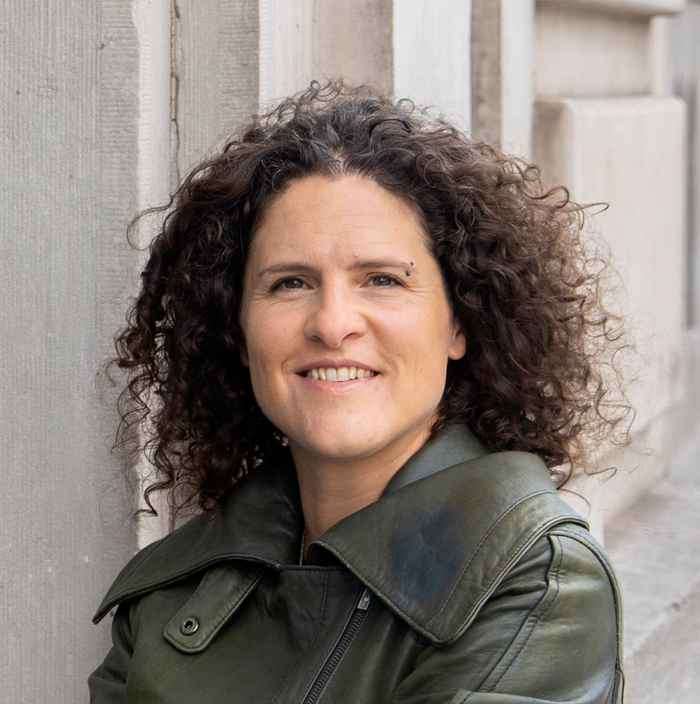NIAS Fellowship for research into public resistance to facial recognition
31 May 2022

Automated facial recognition technology is creeping into public spaces. It is implemented in airports to speed up boarding, in everyday policing to automatically identify lawbreakers, in public schools to facilitate internal payments and track student emotions. Despite the galvanizing narratives associated with this form of biometrics, however, critical voices are on the rise. Facial recognition technology “might be the world’s most divisive technology,” argued The New York Times. It is “arsenic in the water supply of democracy,” denounced the UK civil liberties group Liberty.
Low accuracy, lack of transparency of the underlying software, lack of democratic oversight and the potential overreach of this intrusive form of data collection are just some of the issues surrounding the technology.
Although various civil rights organisations have now launched campaigns that criticise facial recognition technology, citizens are usually left out of the debate. The project Face Off! Resistance to Facial Recognition Technology in Public Spaces, which combines critical data studies, political sociology and technology, addresses the question of how citizens counter the threats of facial recognition technology through discursive interventions. It examines how people understand the technology and how they respond to it.
NIAS-KNAW
Milan is one of approximately fifty scholars, artists and writers who will receive a NIAS Fellowship for the academic year 2022-2023.
NIAS – one of the institutes of the Royal Netherlands Academy of Arts and Sciences (KNAW) – provides a physical and intellectual space for advanced research in the humanities and social sciences that is driven by curiosity and cross-discipline collaboration. It offers temporary fellowships to international and Dutch scholars. NIAS is located in Amsterdam.